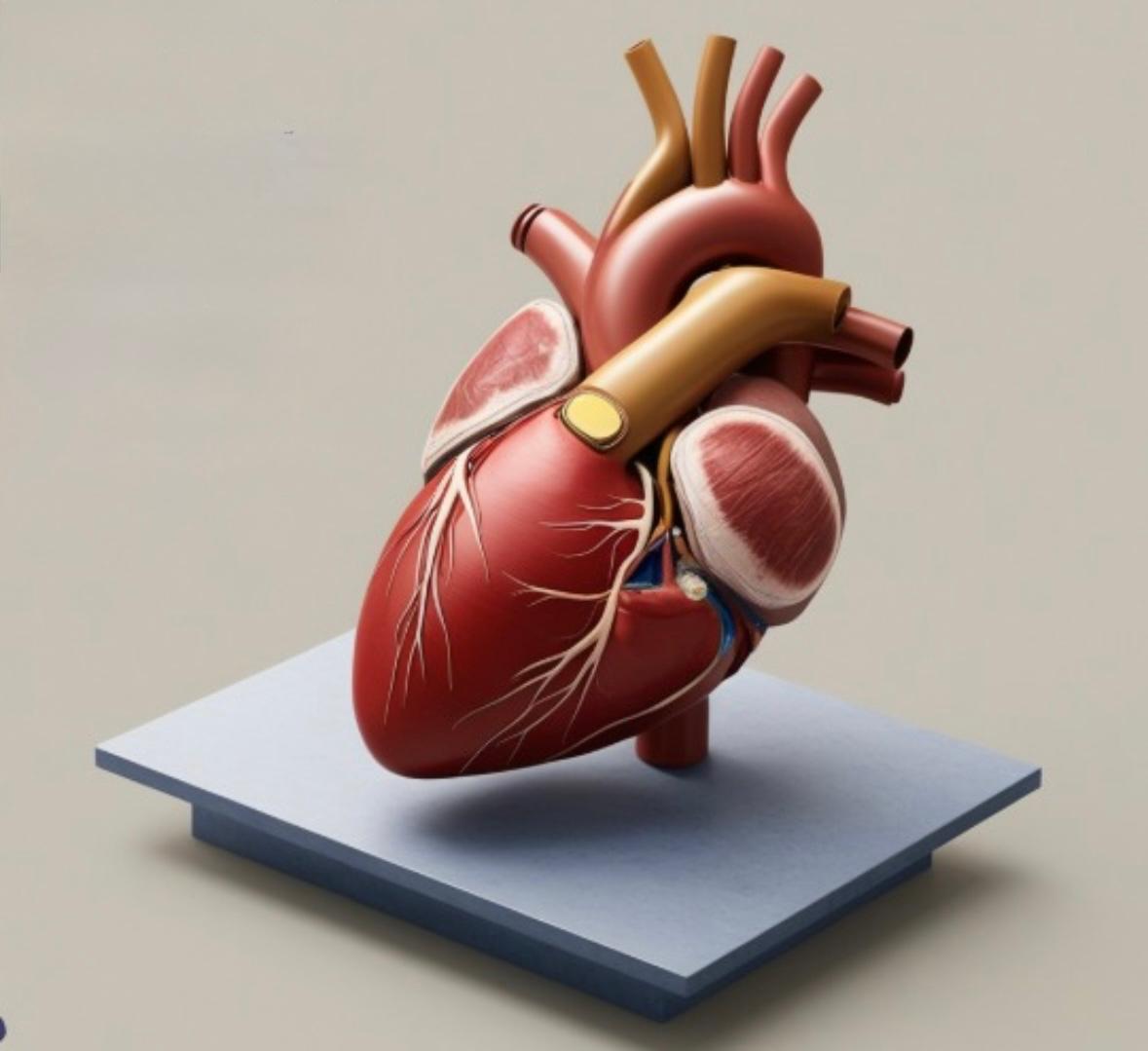Dr. Marco V. Benavides Sánchez.
On December 3, 1967, the corridors of Groote Schuur Hospital in Cape Town, South Africa, were charged with a palpable tension and anticipation. A 53-year-old grocer, Louis Washkansky, lay on the operating table, his life hanging by a thread due to chronic heart disease. This day, however, was not just about saving a man’s life; it was about setting a precedent in medical science. Dr. Christiaan Barnard, who led the procedure, was about to attempt the first human heart transplant, a feat that was as daunting as it was awe-inspiring.
The donor was Denise Darvall, a 25-year-old woman who tragically lost her life in a car accident. In the face of such a profound loss, her family’s consent to donate her heart represented an extraordinary act of generosity—one that underscored the entire operation’s underlying ethos. It was a poignant reminder of humanity’s capacity for kindness even in moments of deep personal grief.
Mastery Amidst Uncertainty
Dr. Barnard, armed with knowledge gleaned from American pioneers and his own audacious spirit, embarked on the surgery that lasted approximately five hours. This was not merely a technical procedure; it was a venture into the depths of human endurance and will. The operation’s success momentarily silenced the world, drawing collective awe for the ingenuity and skill displayed by Barnard and his team.
Yet, this pioneering operation was not just a showcase of surgical expertise. It was a testament to human resilience and the relentless pursuit of medical advancement. Washkansky’s new heart beat strongly for 18 days before he succumbed to double pneumonia, exacerbated by the immunosuppressive drugs necessary to prevent organ rejection. Though his life was not prolonged extensively, the implications of this transplant reverberated across the medical community and beyond.
The Ripple Effects
The procedure not only demonstrated the feasibility of heart transplants but also propelled forward the development of anti-rejection medications. By the 1970s, these advances allowed many transplant patients to live years, rather than days, marking a new era in organ transplants. Today, heart transplant surgery has a much greater success rate, thanks to the foundations laid by Barnard and his contemporaries.
The ethical discussions ignited by this transplant continue to influence the organ donation debates today. It raised questions about identity, consent, and the very nature of life, prompting a global dialogue that has helped shape contemporary medical ethics.

A Legacy of Hope and Humanity
Reflecting on the event from a current perspective, it’s clear that the first heart transplant was more than a medical procedure. It was a moment of human connection that transcended the operating room. Barnard’s feat helped to demystify the concept of heart transplants, showcasing them as real and viable. It opened doors to new research, new treatments, and new hopes for patients around the globe.
Moreover, the transplant highlighted the profound impact of generosity. Denise Darvall’s heart did not just give Washkansky additional days of life; it gave the world a new understanding of what could be possible in medicine. It was a reminder that within every medical advancement lies a story of human sacrifice and solidarity.
Conclusion
As we mark the anniversary of this groundbreaking event, it’s crucial to remember the blend of valor, skill, humility, and generosity that made it possible. The first heart transplant remains a beacon of medical innovation, a poignant reminder of the power of human will, and a continuing inspiration for all those who dedicate themselves to pushing the boundaries of what is medically possible. In the story of a heart given and a heart received, we find the enduring beats of hope and humanity.
To read more about this:
(2) The operation that took medicine into the media age
(3) This Day in History on December 3: First Successful Heart Transplant
#ArtificialIntelligence #Medicine #Surgery #Medmultilingua


Leave a Reply